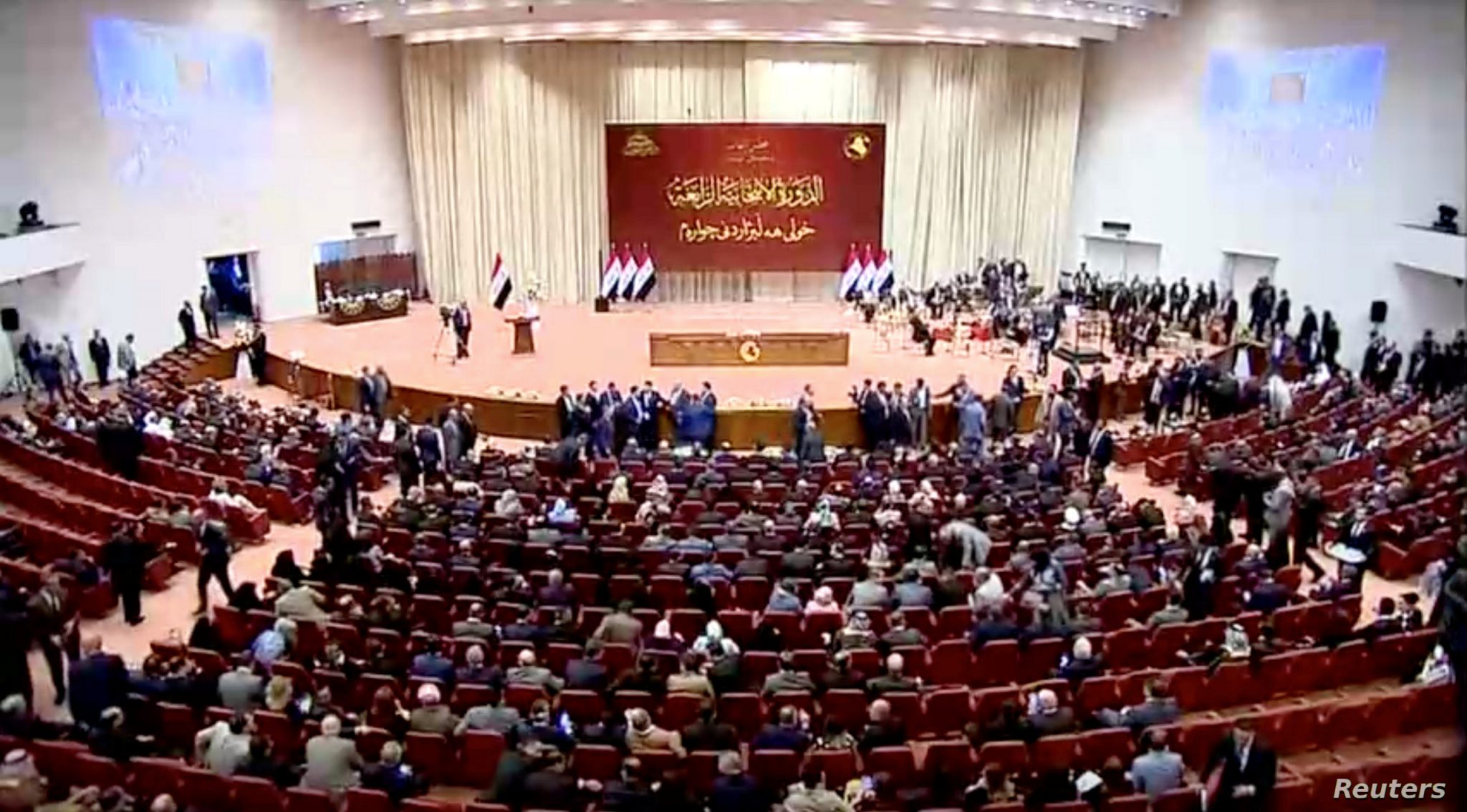ERBIL, Iraq (North Press) – With the expiration of the deadline for forming electoral alliances, the features and shape of the electoral race between the political parties in the Kurdistan Region of Iraq became clear.
The region’s share of the parliamentary seats is 46, two of which are designated as a quota for Christians.
Kurdistan Region has 12 constituencies distributed as following: 5 in Sulaymaniyah, 3 in Duhok and 4 in Erbil.
The number of candidates has reached 53 in Erbil, 65 in Sulaymaniyah and 28 in Duhok.
Some parties except the Patriotic Union of Kurdistan (PUK) did not nominate any candidates in some constituencies.
The Kurdistan Democratic Party (KDP) will enter the electoral race in all the aforementioned constituencies, in addition to 8 constituencies in Nineveh, with candidates some of whom were previously nominated and won during the previous parliamentary elections.
The party has nominated only 5 candidates in Sulaymaniyah, all of whom are women, hoping to win one or two seats in the area under the influence of the PUK, unlike Duhok and Erbil.
The PUK, however, will contest elections in most constituencies, including Kirkuk.
The PUK was the only Kurdish party to contest the elections in Kirkuk in the 2018 Parliament session, and won half of Kirkuk’s seats, 6 out of 12.
On May 1, the PUK’s alliance with the Change Movement Party was announced, but the latter will not run the elections in Halabja and Duhok and two other constituencies in Erbil, which means that the alliance will be limited to Sulaymaniyah, Kirkuk, and some constituencies in Erbil.
The Islamic Group ,headed by Ali Babir, joined the alliance formed by the PUK in Sulaymaniyah (except for two constituencies) and Erbil with 5 candidates, while it declined to participate in Duhok and Kirkuk.
The Kurdistan Islamic Union will not contest the elections with a party list, rather, it has announced 6 independent candidates in Halabja and Duhok.
The opposition New Generation Movement, led by Shaswar Abdulwahid, has announced contesting the elections with its candidates in all constituencies in the Kurdistan Region and a number of central Iraqi governorates.
It is scheduled for the Iraqi Parliamentary to hold early elections on October 5.
The deadline of registration period for alliances was n May 1, which had been determined by the Iraqi Electoral Commission.
Earlier, the Electoral Commission announced that ballot boxes would not be opened for expatriates and residents outside the country, due to what it described as “technical, financial, legal and health obstacles.”
The Iraqi parliament consists of 329 seats, including 9 seats reserved for the quota, distributed over the 18 governorates according to their administrative boundaries.
The percentage of women’s representation in the Parliament must not be less than 25% under the election law that was amended in the fall of 2020.
The number of the 329 parliamentary seats is distributed among the Iraqi governorates as follows: Baghdad 69 seats, in addition to 2 quota seats for the Christian and Sabean-Mandaean, Nineveh 31, in addition to 3 quota seats for each of the Christians, Yezidis, and Shabak.
Also, Basra 25, Dhi Qar 19, Babylon 17, Sulaymaniyah 18, Anbar 15, Erbil 15 seats in addition to the Christian quota, Diyala 14, and Salah al-Din 12.
There are 12 seats in Kirkuk, in addition to the Christian quota seat, Najaf has 12, Wasit 11, in addition to 1 quota seat for the Faili Kurds, Karbala 11, Qadisiyah 11, Duhok 11, in addition to the Christian quota, Maysan 10 seats, and Muthanna 7 seats.

